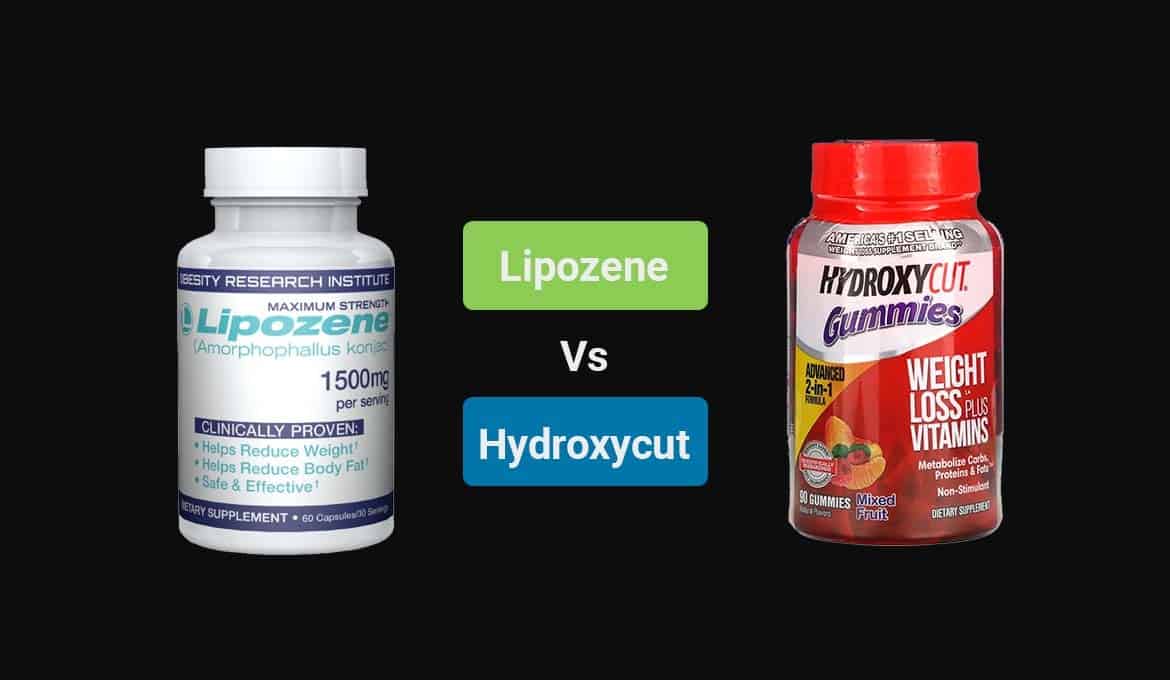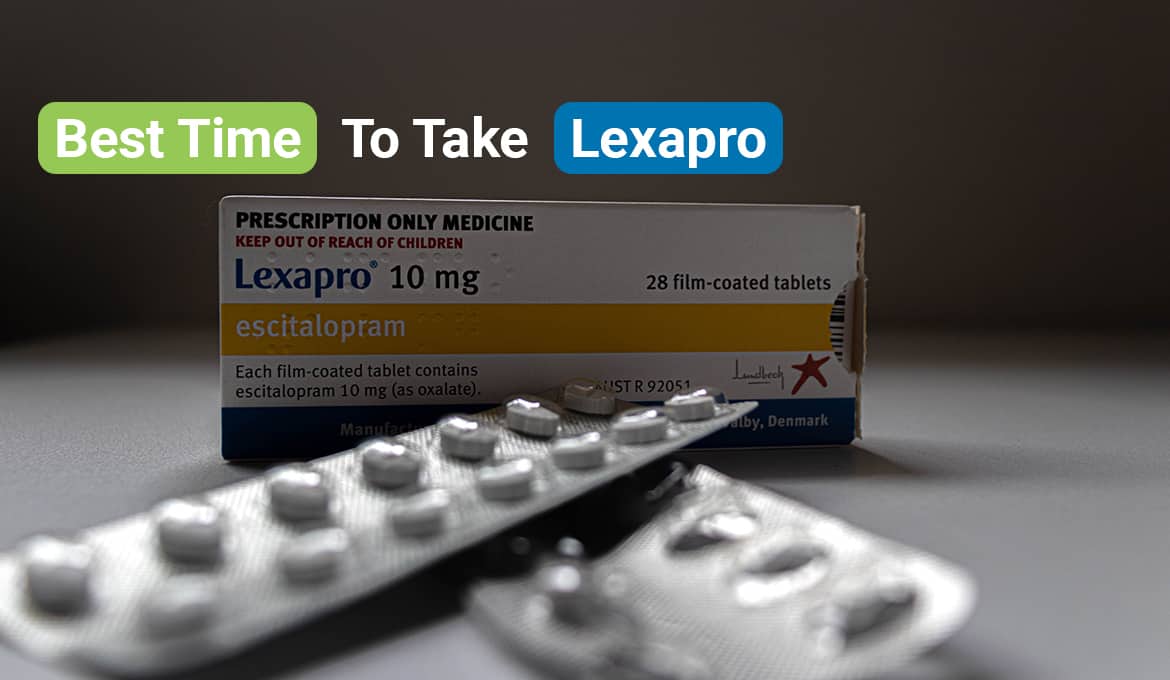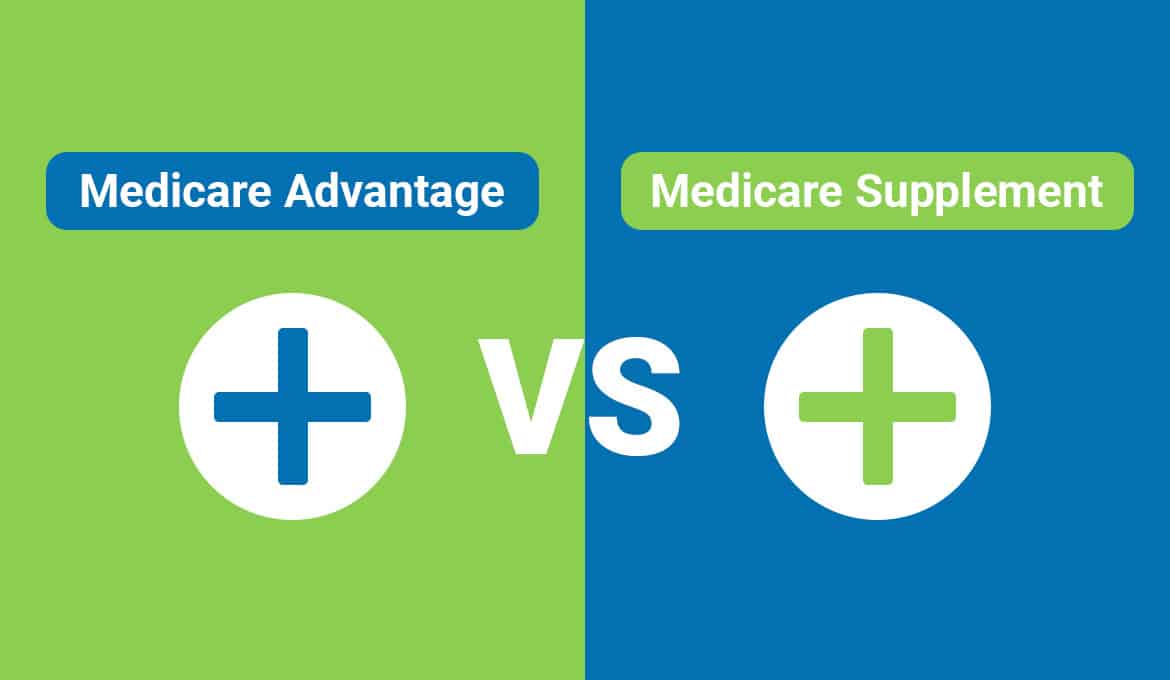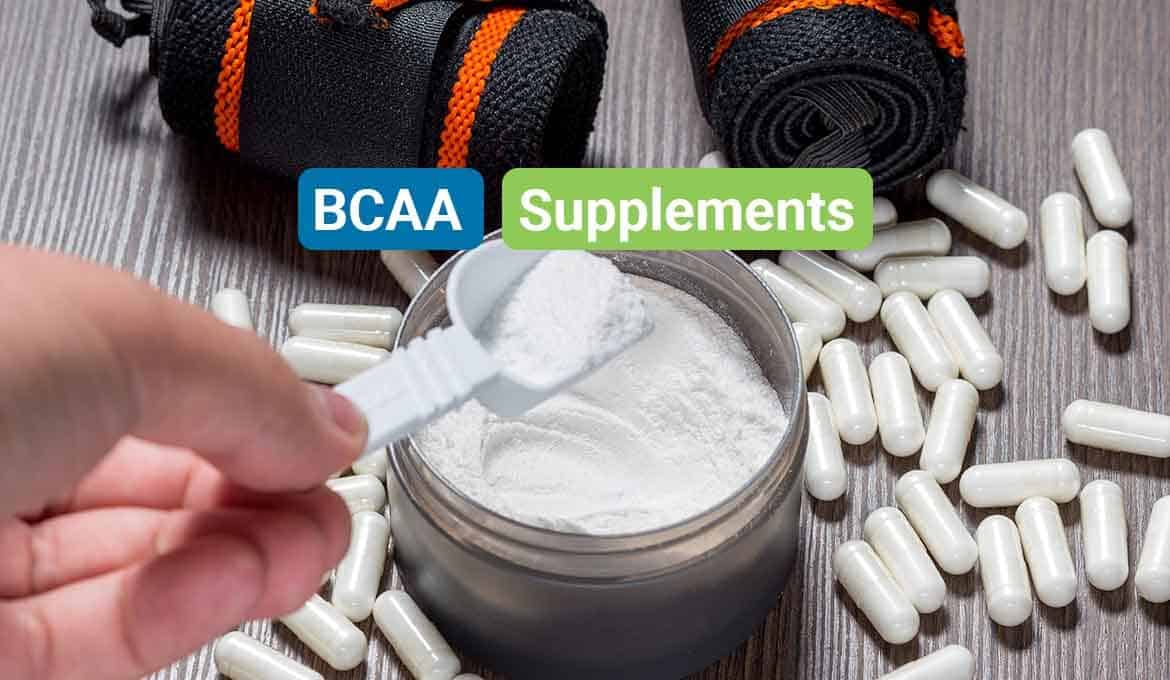
Magnesium, popularly called a “master mineral,” is one of the essential minerals present in our body. It plays an important role in bodily functions, with nearly 1000 enzymes relying on magnesium to maintain these functions.
But here’s the problem. Half of the US population, including kids and adults, do not consume enough magnesium, be it through food or supplements.
Even the World Health Organization (WHO) reported that about 60% of adults worldwide do not meet their recommended daily intake of magnesium.
Hence, deficiency is something we shouldn't overlook. This is because magnesium deficiency can lead to uncomfortable or sometimes serious symptoms like fatigue, depression, and arrhythmia.
If you believe you, too, have magnesium deficiency, a magnesium supplement is just what you need.
There are hundreds of supplements available on the market, and selecting the right one can be overwhelming. So, if you are searching for the best magnesium supplements, this blog is for you.
Read on as we explain magnesium supplements in detail and their importance.
Overview of Magnesium
Magnesium, also known as “master mineral” or “miracle mineral,” is crucial to cellular functions in our body. Generally, magnesium is found in green vegetables, whole grains, nuts, breads, and beans. They are considered as natural sources of magnesium.
Yet, many people consume these foods less often. Over-processing has also reduced the natural magnesium content within these foods.
As a result, people do not meet the minimum daily requirement for magnesium, but they can benefit from magnesium supplements.
What’s more, magnesium is a key player in the synthesis of DNA, RNA, and proteins, essential processes for growth, repair, and overall cellular function.
It also acts as a natural relaxant, helping to alleviate stress and improve sleep quality. With its involvement in such a huge number of bodily functions, the importance of maintaining adequate magnesium levels becomes evident for both physical and mental well-being.
How much magnesium should you consume?
The table below shows the recommended Daily Allowance (RDA) for magnesium according to age and gender.
| Age | Male | Female |
| 9-13 years | 240 mg | 240 mg |
| 14-18 years | 410 mg | 360 mg |
| 19-30 years | 400 mg | 310 mg |
| 31-50 years | 420 mg | 320 mg |
| Above 51 years | 420 mg | 320 mg |
Pregnancy requires about 350- 360 m of magnesium, whereas lactation requires 310-320 mg.
Benefits of Magnesium Supplements
Magnesium brings tons of benefits to the table, which are associated with bone, nerve, and heart health. Some of the primary advantages of magnesium include:
Nerve health: Magnesium is a chief player in the transmission of nerve impulses and the contraction and relaxation of muscles. If you have enough magnesium levels in your body, it helps in the smooth functioning and coordination of these important physiological processes.
Bone health: For those who don’t know, magnesium is an important part of our bone tissue. Along with calcium and vitamin D, it supports bone density and prevents serious conditions like osteoporosis and arthritis. What’s more, magnesium improves blood flow to help deliver oxygen to your body tissues.
Energy production: Magnesium is an essential cofactor in converting food into energy. It ensures that your body's energy production mechanisms run well. This, in turn, helps you in fighting fatigue and weakness.
Heart health: Research has shown that magnesium is highly important in maintaining a healthy heart. It mainly helps regulate blood pressure and supports the heart's rhythm.
Stress Management: Magnesium has been linked to mood regulation and stress reduction. Its calming effects on the nervous system make it a potential ally in managing anxiety and promoting relaxation.
Reduced risk of migraine: People with migraine have low levels of magnesium in their blood. Studies have proved that supplemental magnesium may help lower the intensity of migraine headaches.
10 Best Magnesium Supplements
Now that you know the role of magnesium and its benefits, let's head to the best magnesium supplements you can consider in your diet.
1. Legion Sucrosomial Magnesium
Legion sucrosomial magnesium provides a highly absorbable and digestible form of magnesium. It is well-known for promoting stronger athletic performance by supporting enhanced cardiovascular and muscular efficiency.
Other benefits of legion sucrosomial magnesium include lowering blood pressure, boosting bone health, and minimizing the risk of migraine headaches.
As a result, this supplement is designed specifically for athletes. They are also third-party tested for purity. It contains 150 mg of magnesium per serving.
Magnesium per serving: 150 mg
Item per container: 120 capsules
Price: $29.97
2. Transparent Labs Magnesium Bisglycinate
Another top-rated magnesium supplement is Transparent Labs, which contains 300 mg of magnesium bis-glycinate.
It also includes ingredients such as rice flour, vegetable capsules, and silicon dioxide.
The best part about this product is that it's completely vegan and contains no preservatives, artificial sweeteners, or colors.
Magnesium per serving: 300 mg
Item per container: 60 capsules
Price: $16.99
3. Nature Made Magnesium Glycinate
Nature Made Magnesium Glycinate is 100% chelated. Chelated minerals may provide better absorption and may cause less digestive discomfort than other forms of magnesium.
According to the brand, this product has better Gastrointestinal tolerance than others. They are made without preservatives, artificial flavors, and colors. However, some users have stated that the pills are quite large and can be hard to swallow.
Magnesium per serving: 200 mg
Item per container: 60 capsules
Price: $13.29
4. Pure Encapsulations Magnesium (Glycinate)
This magnesium glycinate supplement is entirely vegan and perfect for women with PMS. It offers a cellular energy boost and metabolic support.
The recommended dosage is four capsules per day with food. Pure Encapsulation magnesium is also suitable for people with allergies as it is free from common allergens.
Magnesium per serving: 120 mg
Item per container: 90 capsules
Price: $24.99
5. NOW Magnesium Glycinate Caps
These vegetarian magnesium supplements from the NOW brand are free from soy, dairy, nuts, and eggs, making them suitable for vegans.
They are also suitable for people who follow a ketogenic diet. It's formulated to help with energy production and muscle, nerve, and bone health.
Magnesium per serving: 200 mg
Item per container: 180 capsules
Price: $29.97
6. Thorne Calcium Magnesium Malate
Calcium-magnesium malate contains vital minerals essential for bone density and supports healthy heart, lungs, and muscle relaxations.
Magnesium and calcium coordinate with each other in muscle cells. Magnesium causes muscle fibers to relax while calcium causes muscle contraction. This product is also free from gluten, common allergens and preservatives.
It is recommended to take 1 capsule of Thorne Calcium magnesium malate three times a day.
Magnesium per serving: 100 mg
Item per container: 240 capsules
Price: $33.96
7. BiOptimizers Magnesium Breakthrough Supplement
Another popular and effective supplement on the market is BIOptimizers Magnesium Breakthrough Supplement. It provides seven forms of essential minerals in its double capsule serving.
It is a highly bioavailable form of magnesium and promotes healthy blood sugar control and blood pressure.
Magnesium per serving: 500 mg
Item per container: 60 capsules
Price: $39.95
8. Thorne Magnesium Bisglycinate
Thorne Magnesium Bisglycinate comes in powder form and is great for athletes since it is NSF-certified. It provides 200 mg of elemental magnesium per scoop.
As a bis-glycinate form of magnesium, it's also highly absorbable and has a less laxative effect than other forms of magnesium. It is advised to mix one scoop of thorne magnesium powder with one glass of water or juice and serve
Magnesium per serving: 200 mg
Amount per container: 187 g (Powder)
Price: $48
9. KAL Magnesium Glycinate
This product is fully chelated magnesium glycinate plus 5 mg BioPerine, which can be more absorbable, so you get the benefits of magnesium without the digestive distress.
It is formulated to support bone health, healthy muscles, and enzymatic function. The best part is they are completely gluten-free and soy-free.
Magnesium per serving: 300 mg
Item per container: 240 capsules
Price: $24.99
10. Klaire Labs Magnesium Glycinate
This supplement consists of magnesium in combination with glycine, an amino acid.
Glycine makes the supplement easier for the body to tolerate and absorb. Klaire Lab products are free from common allergens such as yeast and eggs, making them the most effective.
Klaire brand recommends taking three capsules per day.
Magnesium per serving: 100 mg
Item per container: 100 capsules
Price: $24.80
How To Choose The Best Magnesium Supplement?
If you are confused about picking the best magnesium supplement for your diet, the answer is simple. It all depends on your age, sex, dosage, side effects, and cost.
Most importantly, focus on finding a third-party-tested supplement and making sure that the product has the ingredients listed on the label.
i). Check if it has been tested by a third party:
Although unnecessary, it would be best to check if any third-party company has tested the brand you picked.
This is important because the FDA doesn't regulate dietary supplements in the same way as drugs. That’s why you must look for brands that are certified by third-party organizations like NSF or USP.
ii). Decide the type of magnesium you need:
Some forms of magnesium, like magnesium malate, magnesium citrate, and magnesium glycinate, are easier for the body to absorb. You should know what your body needs to get the most benefits.
So make sure to decide on the type of supplement before buying. You can ask your dietician to recommend which one suits your body.
iii). Look for the amount of magnesium it provides.
Pick a magnesium supplement that does not exceed 100% of daily value (DV). This is because you likely consume some magnesium via food throughout the day, so less is OK.
iv). Check the dosage:
Make sure that the product provides an appropriate dosage of magnesium. Too much or too little can affect its effectiveness and result in possible side effects.
iv) Check the bioavailability:
Do not forget to check the bioavailability of the supplement when buying. Bioavailability basically shows how well your body can absorb and utilize magnesium for functioning. Higher bioavailability means better effectiveness.
Last but not least, avoid supplements that contain any types of artificial ingredients, including colors, flavors, and preservatives.
After all these considerations, if you're still skeptical about what to pick, ask a healthcare professional or a nutritionist to recommend the most suitable one for you.
Do Magnesium Supplements Have Any Side Effects?
Generally, magnesium supplements have little to no side effects. They are well-tolerated by almost every kid and adult.
However, in some people, high doses of magnesium may induce symptoms such as diarrhea, nausea, and stomach cramps. Other serious side effects, if taken in large doses, include depression, low blood pressure, or arrhythmia.
Key Takeaway
From this blog, we can see that magnesium is an essential nutrient that helps promote metabolism in our body. You can get magnesium from countless everyday foods, like leafy vegetables, whole grains, beans, nuts, and even dairy products.
If you are not getting enough magnesium through natural means, our list of the ten best magnesium supplements can be helpful. There are plenty of other options available, too. But make sure to go for products from reputable brands.
The best part is these magnesium supplements can also be used for those who are dealing with certain health conditions like migraine, type 2 diabetes, and heart-related issues.
If you are still confused or unsure which is right for your needs, discuss with a healthcare professional or a dietitian for the best advice.
FAQs
1. Which is better, magnesium glycinate or taurate?
Ans: Magnesium taurate is a good option if you want to boost your heart health and blood pressure. Magnesium glycinate, on the other hand, is the best choice if you desire to improve the quality of your sleep and reduce your stress and anxiety levels.
2. What should I look for when buying magnesium?
Ans: When buying magnesium, you must look for the amount of elemental magnesium provided with each serving size. For example, 1000 mg of magnesium compound may contain only 50 mg of pure magnesium. So, always check the nutrition label.
3. Which is better, magnesium citrate or magnesium glycinate?
Ans: Magnesium glycinate has a calming effect and is mostly preferred for reducing chronic stress, anxiety, insomnia, and inflammatory illnesses. On the flip side, magnesium citrate is useful for lowering the risk of kidney stones and relieving constipation.
4. What is the best magnesium for women?
Ans: There is no gender restriction for taking magnesium supplements. Women can consider all forms of magnesium, including magnesium glycinate, citrate, or taurate.
5. Which magnesium is best for sleep and anxiety?
Ans: Magnesium glycinate is known for its relaxing properties and calming nervous system. It's best for encouraging relaxation and sleep as it's easier for the body to absorb.
6. What magnesium is best for weight loss?
Ans: Magnesium citrate is the best form of magnesium for weight loss. It is absorbed easily and helps in easier digestion, which may help you lose weight.
Read Also:


















